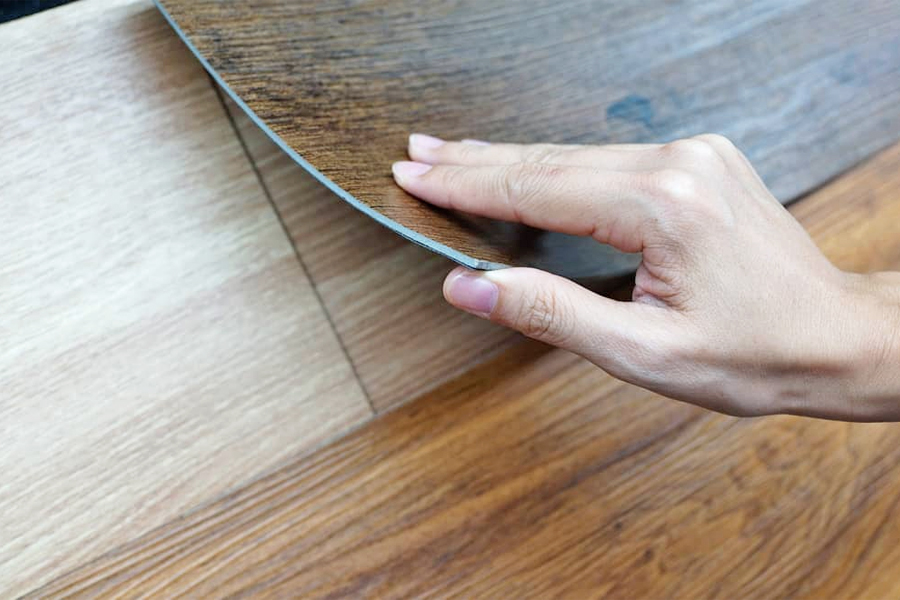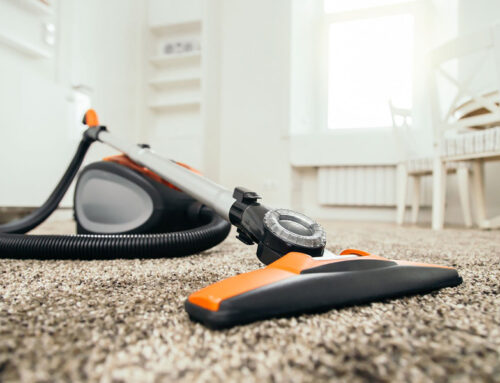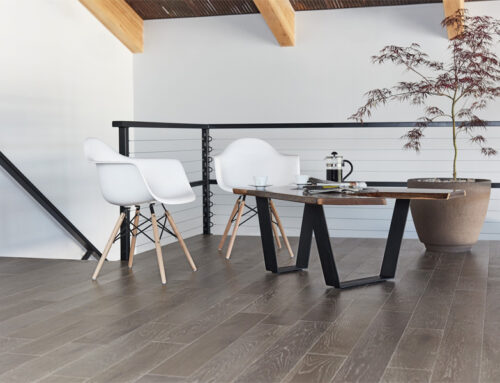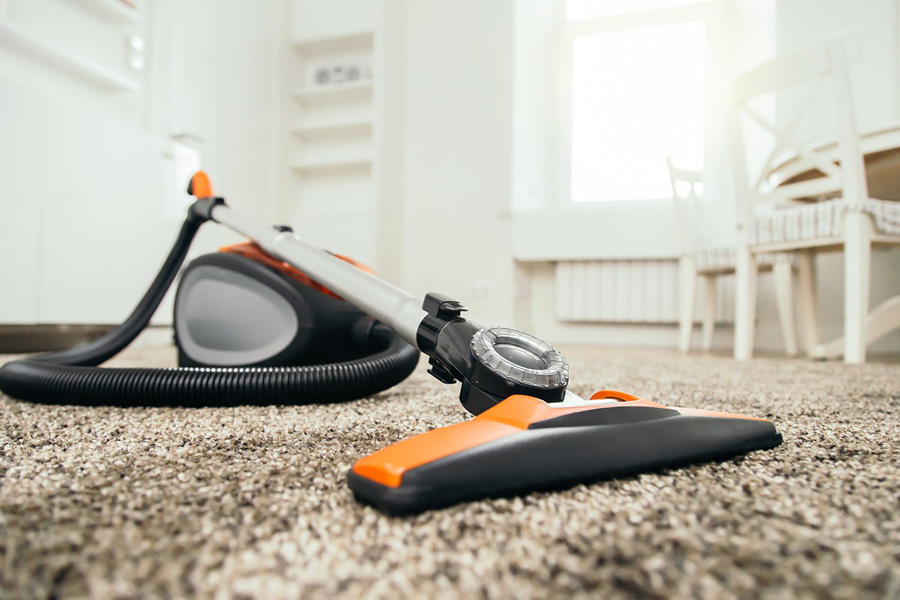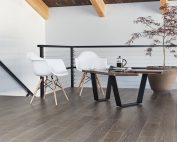When it comes to choosing between luxury vinyl plank or LVP and engineered hardwood flooring option for your home, there are pros and cons of both.
The good news is that you don’t have to sacrifice style for practicality. While LVP is known for being more durable and water-resistant than engineered hardwood due to its thickness and wear layer, real wood fans will appreciate the natural look of engineered hardwood floors.
Ultimately, your decision will depend on factors such as budget and homeowner’s preferences.
In this post, we will compare two popular flooring options – luxury vinyl plank flooring and engineered hardwood, to help you make an informed decision. We’ll dive deep into what each option is made of, their differences, and similarities. We’ll also discuss factors such as look and feel, durability, moisture tolerance, cleaning and maintenance, cost, and installation.
So let’s get started and find out which flooring option is best suited for your needs!
Luxury Vinyl Planks: What Are They?
Vinyl planks are a synthetic flooring option that imitates the appearance of natural materials such as hardwood or stone. They are sturdy, low-maintenance, and resistant to water, making them ideal for various rooms. Vinyl planks come in a range of sizes, colors, and textures to match any design preference.
Engineered Hardwoods: What Are They?
Engineered hardwood flooring is composed of layers of wood veneers pressed together. The top layer is typically hardwood, while the bottom layers are made of plywood or high-density fiberboard. They provide a similar look and feel to traditional hardwoods but have improved durability and stability, making them a preferred choice for high-traffic areas in homes.
Luxury Vinyl Plank Flooring vs. Engineered Hardwood
Luxury vinyl plank flooring and engineered hardwood are two popular types of flooring options available in the market. There are pros and cons for both options that need to be considered before making a decision.
If you’re looking for a durable option with water-resistant properties and easy maintenance, then you might want to consider luxury vinyl plank or LVP flooring. LVP is thicker than standard vinyl flooring and has a wear layer that protects against scratches and dents.
On the other hand, engineered wood floors offer durability along with the look and feel of real wood. It’s a popular choice for homeowners who want high-end hardwood floors that can withstand heavy foot traffic. The choice between the two will depend on your preferences, budget and environment in which they will be installed.
1. Look & Feel
While engineered hardwood provides a natural look by using real wood on the top layer of the plywood base, luxury vinyl plank offers an alternative that can mimic the look of real wood or stone without using any actual wood.
Homeowners need to consider factors such as durability, maintenance requirements, moisture tolerance, ease of installation, and cost when deciding which option is best for their space.
2. Durability
When deciding between luxury vinyl plank flooring and engineered hardwood for your home’s flooring needs, it is essential to consider the durability factor. Both options have a reputation for being long-lasting; however, they differ in their composition and top layer thickness.
While engineered hardwood is made from real wood that lasts long due to its construction technique; luxury vinyl plank flooring can endure wear and tear because of its synthetic material built quality.
Thus, when picking between these two types of flooring options for your home renovation project or new build-out alike; you must consider which one will give you the most extended lifespan with minimal upkeep costs.
3. Cost
Although luxury vinyl plank flooring is less expensive than engineered hardwood overall, the price varies depending on quality and brand.
While engineered hardwood may initially be pricier, it can boost your home’s value and potentially outlast vinyl plank flooring.
Therefore it’s important to consider both their upfront costs and long-term values.
4. Moisture Tolerance
Engineered hardwood has a lower moisture tolerance compared to vinyl, which makes it more prone to water damage. Making it less then an ideal choice for areas with high humidity or frequent spills.
On the other hand, LVP is highly resistant to moisture, making it an ideal flooring option for kitchens, bathrooms, laundry rooms, foyers, mudrooms, basements, etc.
5. Cleaning & Maintenance
If low-maintenance is a required option then consider luxury vinyl planks instead of engineered hardwood.
Luxury vinyl plank flooring is durable, water-resistant and scratch-resistant which makes it easy to clean with just a damp mop or cloth.
Unlike engineered hardwood which can require special cleaning products and periodic refinishing to maintain its appearance.
6. Installation
Understanding the difference in installation can be crucial. One of the best things about vinyl plank flooring is that it’s often designed for easy DIY installation without professional help, making it a more cost-effective option.
On the other hand, engineered hardwood may require professional installation with higher costs than vinyl plank flooring.
So if you’re looking for an affordable and low-maintenance option that’s also easy to install, vinyl plank flooring could be your go-to choice.
Luxury Vinyl Plank Flooring vs. Engineered Hardwood
In conclusion, both luxury vinyl plank flooring and engineered hardwood have their unique benefits.
While engineered hardwood may provide a more natural look and feel, vinyl planks offer superior durability, moisture resistance, and lower cost.
Choosing between these two types of flooring ultimately depends on your personal preferences, budget, and lifestyle needs.
Ensure you weigh the pros and cons of each option before making a final decision.


